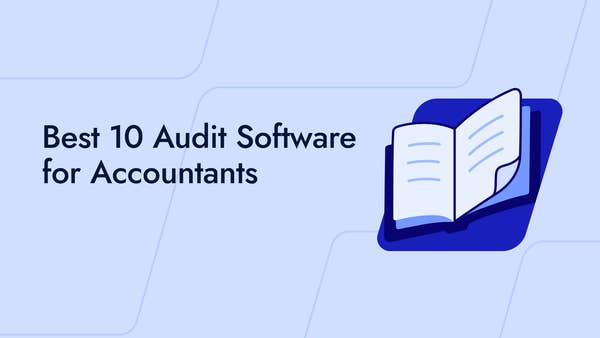- /
- Blog
Ethical Considerations in Accounting for Transparent Financial Practices

Accounting is vital for keeping financial operations honest and clear in organizations. It ensures that everyone follows the rules. But sometimes, there are ethical issues in accounting because people might do things that aren't right.
This article looks at these ethical issues, focusing on why it's important to be honest and clear in financial practices.
The Importance of Ethics in Accounting
Accounting ethics are crucial for any organization's success and reputation. They ensure that accountants follow moral guidelines when handling financial information, which builds trust among stakeholders and the public.
Without ethics, accounting could be misused for personal or organizational benefit, causing financial problems and eroding trust.
Ethical accounting also helps companies last longer. It maintains a good corporate image, attracts investors, and keeps customers loyal.
In short, accounting ethics aren't just about doing the right thing; they're also about keeping the organization strong and competitive.
Key Ethical Considerations in Accounting
- Integrity: It means accountants must always be honest and upfront in their work, providing accurate financial information and sticking to their professional decisions even under pressure.
- Transparency: It involves being clear and open when sharing financial information, ensuring that all important details are easily understandable and accessible to relevant parties.
- Confidentiality: It means keeping sensitive financial information private and not disclosing it to unauthorized individuals or entities, fostering trust between accountants and their clients.
- Objectivity: Objectivity is key for accountants to remain impartial and unbiased. They should avoid conflicts of interest and not let personal biases influence their professional decisions, ensuring fair and unbiased financial reporting.
Challenges to Ethical Accounting Practices
- Pressure from Management: Managers sometimes push accountants to tweak financial statements to look better, leading to unethical practices. Accountants must resist and report such pressures.
- Conflict of Interest: Accountants face conflicts when personal interests clash with professional duties, risking biased decisions. To avoid this, they should remain independent and objective.
- Pressure for Financial Targets: Accountants may face undue pressure to meet aggressive financial targets, which can lead to misleading reporting. Balancing targets with integrity is crucial.
- Lack of Oversight and Accountability: Without proper oversight, misconduct can go unnoticed. Implementing robust internal controls and oversight mechanisms is vital to promote ethical conduct.
The Importance of Integrity and Transparency
Ethical principles like integrity and transparency are crucial in accounting. They make sure financial information is handled honestly, building trust with stakeholders and the public.
Even though it's tough, accountants must stick to these standards. They should say no to any pressure to act unethically and avoid conflicts of interest. This not only follows professional rules but also helps their organizations grow and last.
DataSnipper’s Role in Integrity and Transparency
With DataSnipper’s vision of connected data, its intelligent automation platform empowers audit and financial professionals to have a clear overview of all their financial information.
DataSnipper’s platform enables a clear audit and data trail and automates menial, repetitive tasks allowing for more time to be spent on higher risk areas.
.png)
.png?width=600&quality=70&format=auto&crop=16%3A9)
